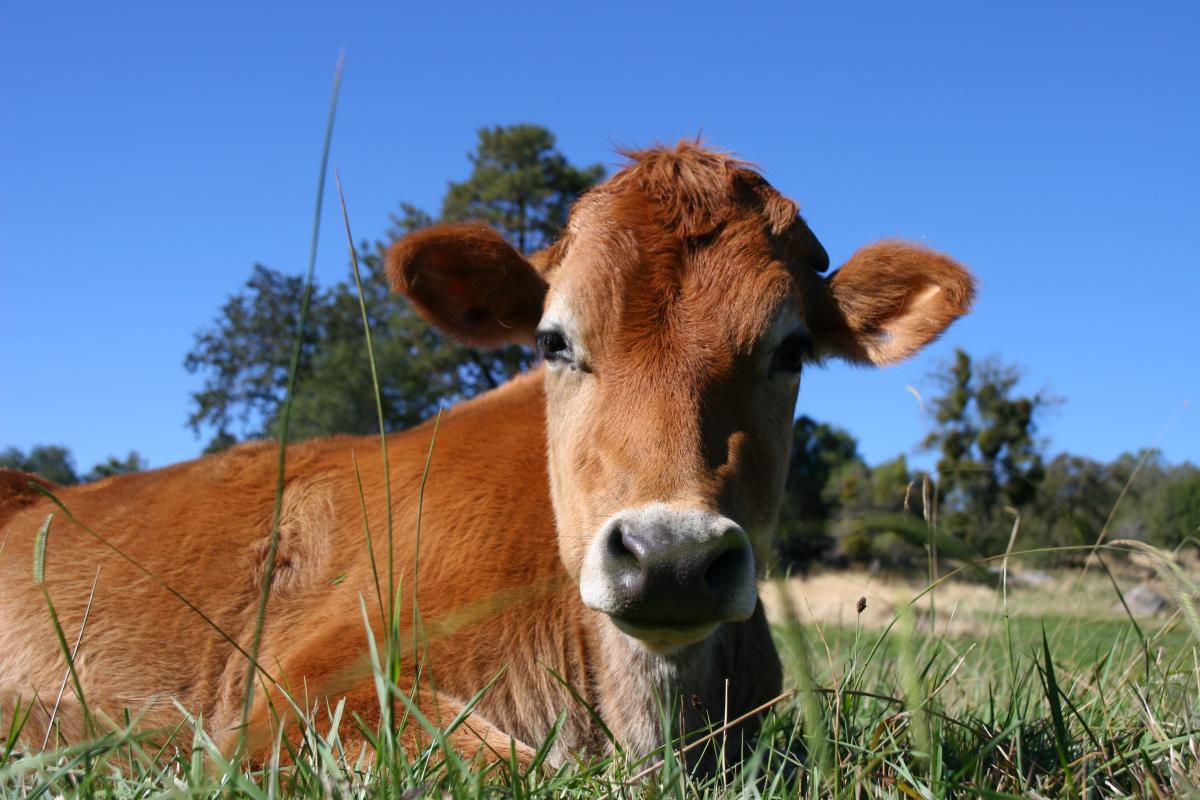We need to talk about speciesism - the system of human supremacy which oppresses non-human animals. In particular, we need lawmakers and legal professionals to know, speciesism is not ethical. Laws which assume speciesism are unjust, and work against the human rights of people who oppose speciesism and human supremacy.
The UK Agriculture Bill 2018 sets out to change how land management in England is funded and administered, assuming that England leaves the EU. The Bill is due to be debated by MPs in the UK Parliament House of Commons on Wednesday 10 October 2018, for what is called its 'Second Reading'. The Bill text includes a standard legal declaration, "Secretary Michael Gove has made the following statement under section 19(1)(a) of the Human Rights Act 1998: In my view the provisions of the Agriculture Bill are compatible with the Convention rights."
By 'Convention Rights', Michael Gove means, the rights and fundamental freedoms guaranteed to every person under the European Convention on Human Rights [ECHR]. Even if England leaves the European Union in 2019, the UK will remain a member of the Council of Europe, a signatory of the ECHR, and under the legal oversight of the European Court of Human Rights [ECtHR].
The problem for non-human animals is that English, UK, EU, International and almost every other territorial law implicitly accept speciesism. Non-human animals are not fully protected by law - not as ‘natural’ persons, not by human rights laws and treaties, not even in the ways which ‘corporate’ persons are protected. So humans are legally allowed to kill and otherwise harm non-human animals, for example by 'farming' them, attacking them as 'pests', and destroying their habitats. The Agricultural Bill refers to non-human animals as ‘commercial’ products, involved in the ‘agri-food supply chain’. Non-human animals are labelled ‘livestock’ ‘goatmeat’, ‘sheepmeat’ or ‘poultrymeat’, and categorised according to commercial types of ‘carcass’.

However, anti-speciesism and veganism can be recognised in law as protected philosophical beliefs. This gives us a legal tool against speciesism, a way to use existing law to increase the protection of non-human animals.
Jeanette Rowley and the International Vegan Rights Alliance have explained, "One of the important Articles of [the Convention] that can be applied to vegans is Article 9. This Article repeats the paramount universal human rights principle of being able to live according to one’s own ethical convictions ... without state interference."
Therefore, anti-speciesist people in the UK can now say to Michael Gove and the UK Government, No. Your Agriculture Bill is not compatible with our Convention rights. Having an implicit assumption of speciesism in any law, in any state policy or practice, ignores the Convention rights of anti-speciesists. The Convention applies in all 47 member states of Council of Europe, which is legally completely separate to the European Union.
To respect the human rights of anti-speciesists, we need laws, courts and policies to respect the rights of non-human animals. Non-human animals need to be recognised in law as non-human persons with rights of freedom, self-determination, self-expression, appropriate living habitat, and liberation from oppression.
Our existing concepts of human rights have helped improve social justice. But human rights treaties and law are still widely misunderstood, poorly enforced, and frequently disrespected. Worse, ‘human rights’ has a flawed ethical basis – individuals can still assert that oppressive behaviours are ‘protected’. Non-human animals are excluded from the entire protective rights framework. So, existing human rights practices enable many forms of oppression to continue, including speciesism. But we can use the existing Human Rights Act 1998 in the UK to demand that lawmakers address the injustice of speciesism.
Many just, ethical principles are in reality both collective and community-based. This includes the collective duty to avoid harming sentient beings. We need to re-invigorate the roots of our whole legal, ethical and social order. Speciesism in law needs to end for collective, ethical liberation and cross-species social justice.
by Jeanette Rowley, IVRA and Amanda Baker, The Vegan Society
The views expressed by our bloggers are not necessarily the views of The Vegan Society.

